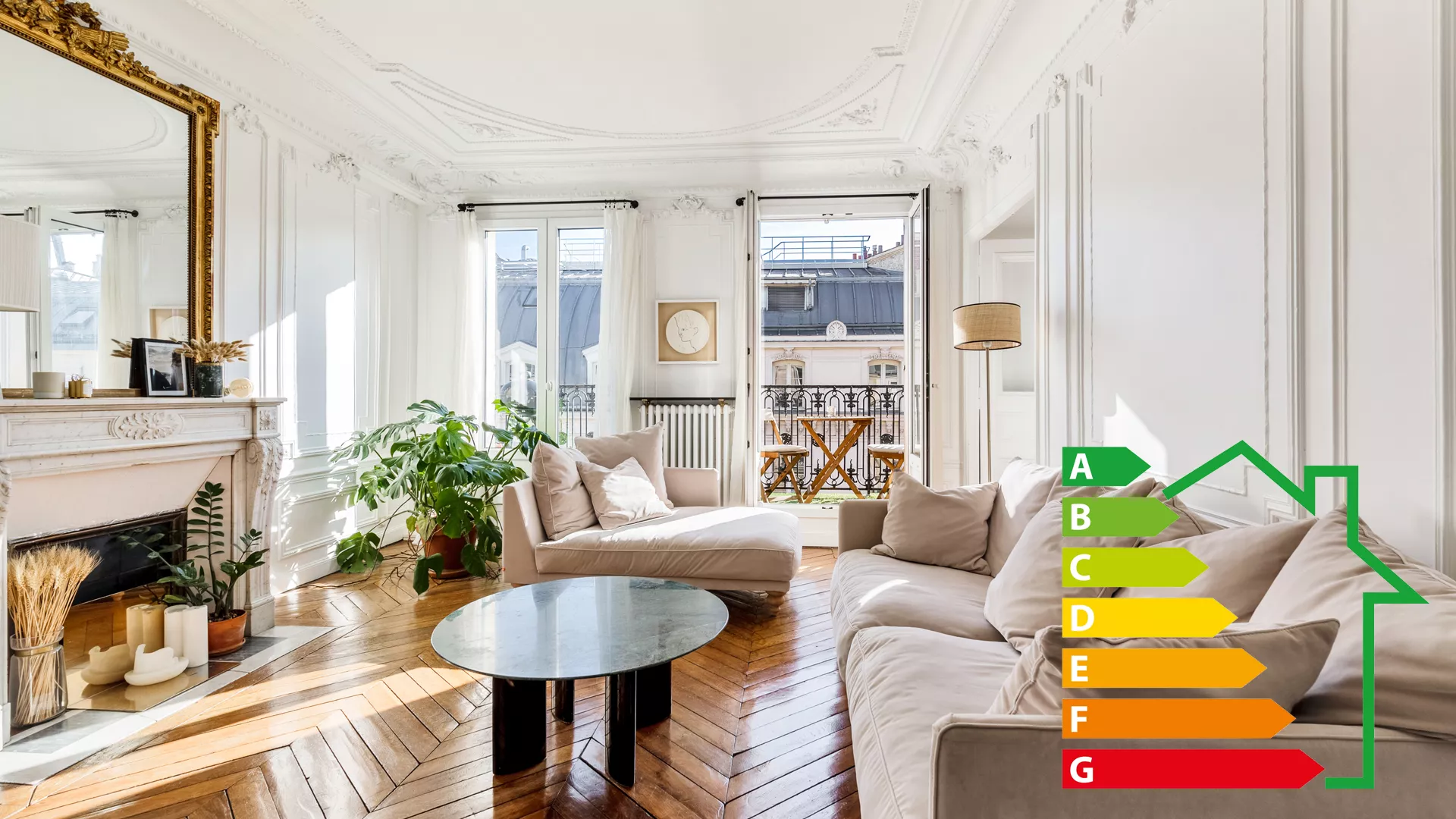Energy renovation: A strategic choice for owners
When we talk about renovation work, we often think of the high costs, but we forget the many benefits that come with it. Whether it is to reduce energy consumption, improve living comfort, or enhance the value of your real estate assets, renovation work offers a considerable return on investment, particularly for landlords.
Improving your property's energy efficiency
One of the main objectives of energy renovation work is to reduce the energy bill. By improving the thermal insulation of the walls, replacing the windows and optimizing the heating systems, you significantly reduce the energy consumption of your home. This allows you to change the thermal label of the property, making your home more attractive, especially for tenants.
As an investor, renovating a property classified as a "thermal sieve" (class F or G) not only allows to increase profitability, but also to avoid future rental bans, such as properties labeled G from January 1, 2025 or properties labeled F in 2028.
To learn more about the DPE and understand its importance in the context of renovation work, we recommend that you read the article we wrote on this subject.
Creating a more comfortable living environment
Renovation significantly transforms the comfort of the home, eliminating drafts and humidity problems, thus creating a warmer and more pleasant environment. These improvements are generally very much appreciated by tenants, encouraging them to stay longer.
Renovating your property is also an opportunity to rethink the layout. By creating an additional bedroom or modernizing a kitchen or bathroom, you optimize the space and the daily lives of the occupants.
Increase the value of your property
A renovated property gains value on the real estate market. Buyers and tenants are increasingly favoring homes with good energy performance. An apartment with an EPC classified C or D will always be more highly valued than a property classified F or G. With the regulations gradually prohibiting the rental of the least energy-efficient homes (class G from 2025, F in 2028 and E in 2034), energy renovation is therefore becoming essential to be able to continue renting out your property.
Optimizing rental tax benefits and accessing available financial aid
In addition to its benefits in terms of comfort and energy consumption, renovating your property offers attractive tax advantages for landlords.
Expenses incurred for improvement work, such as thermal insulation, window replacement or the installation of efficient heating systems, can be deducted from property income, which directly reduces the tax on the rents received. This helps to improve the profitability net of your rental property. In addition, financial aid is available to reduce renovation costs.
In conclusion
Renovating a property is much more than an expense: it is an investment.
By improving the energy performance, comfort and value of your property, you optimize your profitability while ensuring that you remain compliant with regulations. For investors, it is also a unique opportunity, especially since energy-intensive homes are often sold at attractive prices.
To undertake your energy work with complete peace of mind, trust our expert team at Junot Location & Gestion who will support you beyond the management of your property at each stage of your project with a dedicated contact.




